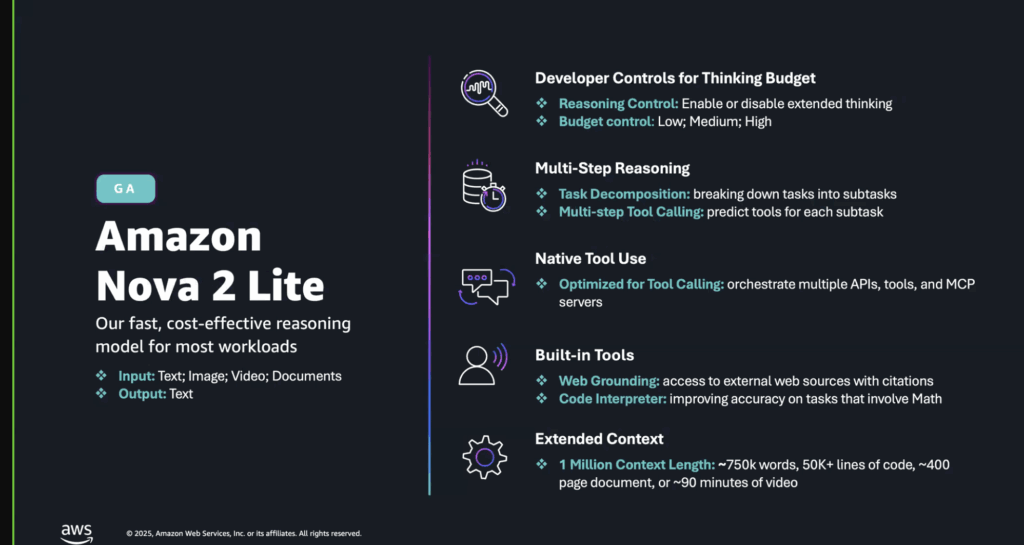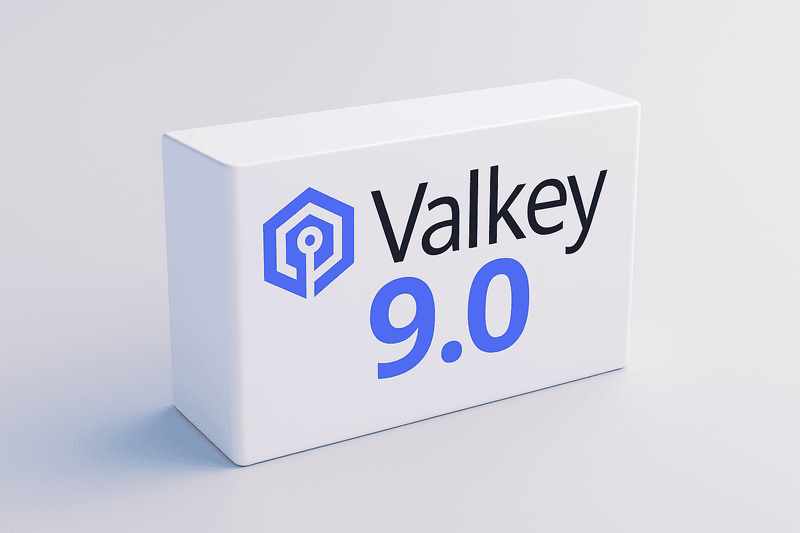On August 14, 2025, the Node.js team announced the release of Node.js v24.6.0 (Current), led by Rafael Gonzaga (@RafaelGSS). This release delivers several important improvements across cryptography, HTTP, file systems, compression, and documentation—making it a noteworthy update for developers building modern cloud-native and AI-driven applications.
In this post, we’ll walk through the key highlights, what they mean in real-world scenarios, and why this release matters for the broader developer ecosystem.
Key Highlights in Node.js v24.6.0
1. Use System Certificates with NODE_USE_SYSTEM_CA=1
Developers can now instruct Node.js to rely on their system’s trusted certificate authorities.
- Previously, Node.js bundled its own set of CAs, which sometimes led to mismatches with enterprise security policies.
- With the new
NODE_USE_SYSTEM_CA=1environment variable, organizations can streamline TLS/SSL verification and ensure alignment with existing compliance requirements.
Use Case: Enterprises with strict security policies can now reduce friction by using OS-level certificates instead of managing separate Node.js CA stores.
2. Crypto: ML-DSA (KeyObject/sign/verify) Support
The release introduces support for ML-DSA (Multivariate Lattice-based Digital Signature Algorithm) in the crypto module.
- ML-DSA is one of the post-quantum cryptographic algorithms emerging as part of NIST’s standardization efforts.
- Developers can now sign and verify messages using
KeyObjectML-DSA.
Why It Matters: With quantum computing on the horizon, preparing for post-quantum cryptography is crucial. Node.js is keeping pace by enabling next-generation cryptographic primitives.
3. HTTP: server.keepAliveTimeoutBuffer
A new An server.keepAliveTimeoutBuffer option has been added to the HTTP server.
- This provides finer control over connection timeouts by allowing developers to specify an additional buffer period for keep-alive sessions.
- It reduces the likelihood of premature socket closures, improving stability under heavy traffic.
Use Case: SaaS platforms or API gateways handling long-lived HTTP connections can now better tune connection handling for high-scale workloads.
4. Zlib: Zstandard (Zstd) Dictionary Support
The compression library now supports dictionaries for Zstandard (Zstd).
- Zstd is widely used for high-performance compression, and dictionary support enables faster and more efficient compression ratios for repetitive data.
- Developers working with logs, metrics, or serialized datasets benefit the most.
Use Case: Cloud-native logging and observability pipelines (e.g., compressing Prometheus or OpenTelemetry traces) can now achieve lower latency and reduced storage overhead.
5. File System: Utf8Stream from SonicBoom
The SonicBoom module has been ported into Node.js core as fs.Utf8Stream.
Utf8Streamprovides a fast, efficient streaming mechanism for UTF-8 encoded data.- This is particularly relevant for applications handling structured logs or high-throughput streaming I/O.
Use Case: Real-time logging frameworks and AI inference pipelines that require ultra-fast file writes will see immediate benefits.
6. Docs: Deprecation of _http_* APIs
The long-standing internal _http_* APIs are now officially deprecated.
- Developers should transition to supported HTTP interfaces to ensure forward compatibility.
- This continues Node.js’ broader initiative of cleaning up internal, undocumented APIs.
Takeaway: If you’ve relied on _http_* modules in legacy code, it’s time to refactor and align with modern Node.js HTTP APIs.
Why This Release Matters
This release underscores Node.js’ commitment to performance, security, and modernization. A few notable themes stand out:
- Enterprise readiness: With
NODE_USE_SYSTEM_CA, organizations gain better control over security. - Future-proof cryptography: ML-DSA support positions Node.js for the post-quantum era.
- Cloud-native performance: Enhancements in HTTP, Zstd compression, and
Utf8Streamimprove scalability for large-scale distributed applications. - Cleaner ecosystem: Deprecating
_http_*APIs pushes developers toward sustainable, supported practices.
Download Node.js v24.6.0
The release is available across platforms:
- Windows (x64 & ARM64)
- macOS (Intel & Apple Silicon)
- Linux (x64, ARM64, PPC, s390x, AIX)
- Source Code
- Documentation
Conclusion
Node.js v24.6.0 is more than a minor bump—it’s a forward-looking release that helps developers future-proof their applications for modern workloads. Whether you’re securing APIs, scaling cloud-native platforms, or optimizing performance, these changes bring tangible value.
If you’re running Node.js in production, now is the right time to test v24.6.0 in staging environments and explore the new features. The future of Node.js continues to evolve—and it’s looking faster, more secure, and more cloud-ready than ever.







